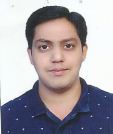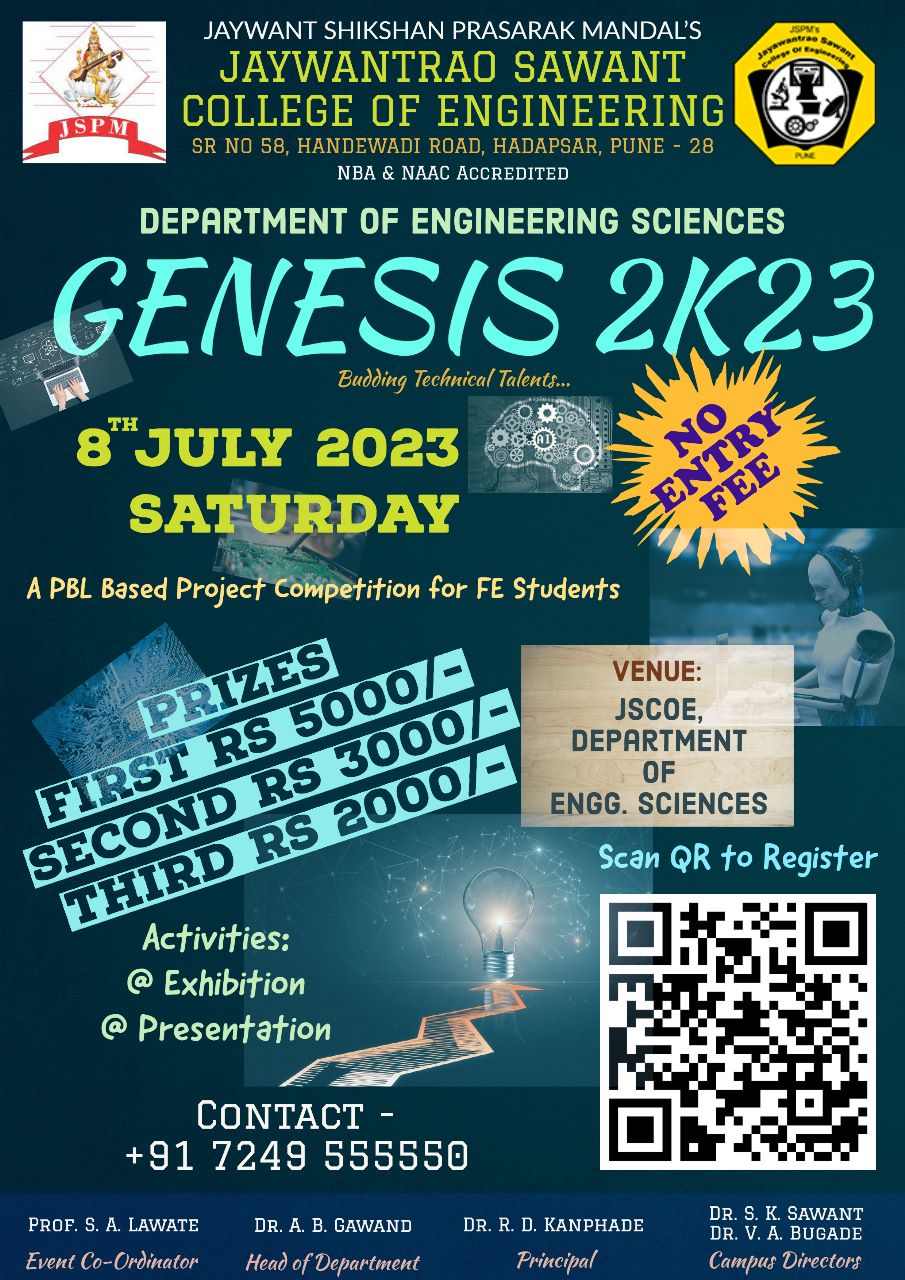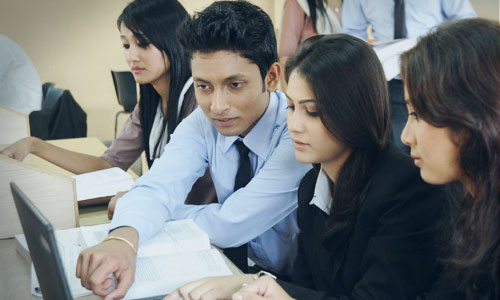HoD Message
JSPM’s Jayawantrao Sawant college of Engineering Pune.(JSCOE Pune) is an engineering college with an affiliation to Savitribai Phule Pune University in Pune, Maharashtra, India. Established in the year 2004, with the different branches like I.T. Computer, MECH, Electrical, E&TC and AI & DS.
Engineering sciences is a broad discipline that encompasses many different scientific principles. Engineering is the integration and application of all the sciences. Our department provides the knowledge of science and its applications. The objective of the First-Year department is to produce engineering graduates with academic excellence, positive attitude, good communication and technical skills enriched with self-confidence. This will help them for easy employment as well as for further higher studies in India or abroad.
About Engineering Science
The budding engineers begin their journey through the Department of First Year Engineering Sciences. Hence the main aim of the First Year Engineering Department is to prepare a strong foundation of students on building necessary academic knowledge base through proper understanding of basic sciences and fundamental subjects of major engineering disciplines with Project Base Learning.
JSCOE Engineering Sciences Department was established in 2004 with intake capacity of,
- Computer Engineering: 120
- Information Technology: 120
- Artificial Intelligence & Data Science (AI & DS): 60
- Electronics and Telecommunication Engineering: 120
- Mechanical Engineering : 120
- Electrical Engineering: 60
The Engineering Sciences Department has well qualified staff with various specializations to help and guide the students.
The department has well equipped laboratories which enable faculty and students to apply fundamental knowledge to create innovative new technologies and ICT based classrooms facilitate with WIFI Access point. The Department has its own Digital Teaching Learning platform and Departmental Library with sufficient number of titles.
The Department has First Engineering Students Association-FESA in which additional Curricular, Co-Curricular and Extra-Curricular activities for overall development of students are observed.
The Department of Engineering Sciences has a discipline committee actively involved to maintain discipline among students and also runs an exclusive Guardian Faculty Member (GFM) Scheme.
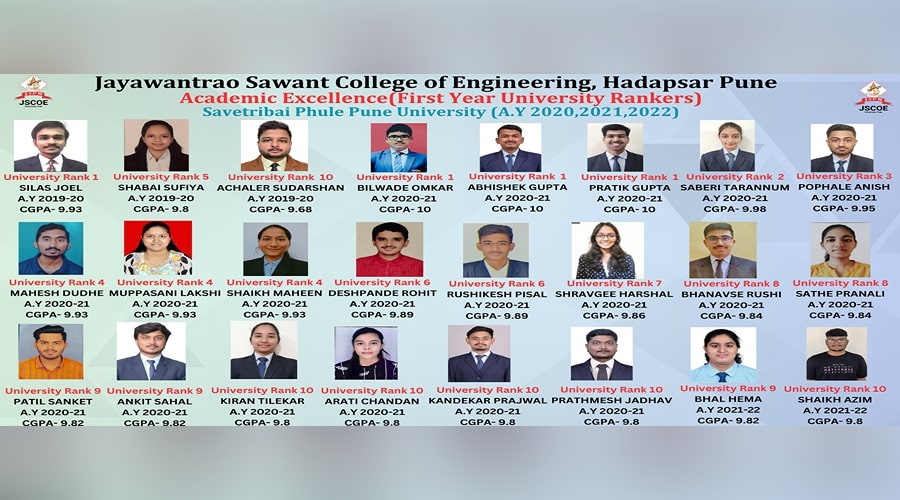
Vision
To satisfy the aspirations of the youth force, who wants to lead the nation towards prosperity through techno-economic development.
Mission
To provide, nurture and maintain an environment of high academic excellence, research and entrepreneurship for all aspiring students, which will prepare them to face global challenges maintaining high ethical and moral standards.
Program Outcomes (PO)
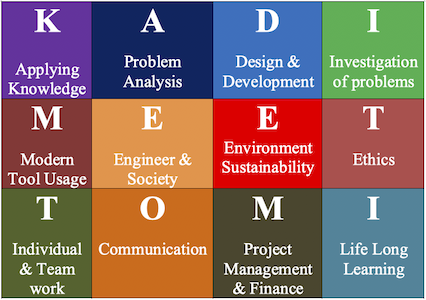
PO1:Engineering knowledge: Apply the knowledge of mathematics, science, engineering fundamentals, and an engineering specialization to the solution of complex engineering problems.
PO2: Problem analysis: Identify, formulate, review research literature, and analyze complex engineering problems reaching substantiated conclusions using first principles of mathematics, natural sciences, and engineering sciences.
PO3:Design/development of solutions: Design solutions for complex engineering problems and design system components or processes that meet the specified needs with appropriate consideration for the public health and safety, and the cultural, societal, and environmental considerations.
PO4:Conduct investigations of complex problems: Use research-based knowledge and research methods including design of experiments, analysis and interpretation of data, and synthesis of the information to provide valid conclusions.
PO5:Modern tool usage: Create, select, and apply appropriate techniques, resources, and modern engineering and IT tools including prediction and modelling to complex engineering activities with an understanding of the limitations.
PO6:The engineer and society: Apply reasoning informed by the contextual knowledge to assess societal, health, safety, legal and cultural issues and the consequent responsibilities relevant to the professional engineering practice.
PO7:Environment and sustainability: Understand the impact of the professional engineering solutions in societal and environmental contexts, and demonstrate the knowledge of, and need for sustainable development.
PO8:Ethics: Apply ethical principles and commit to professional ethics and responsibilities and norms of the engineering practice.
PO9: Individual and team work: Function effectively as an individual, and as a member or leader in diverse teams, and in multidisciplinary settings.
PO10:Communication: Communicate effectively on complex engineering activities with the engineering community and with society at large, such as, being able to comprehend and write effective reports and design documentation, make effective presentations, and give and receive clear instructions.
PO11:Project management and finance: Demonstrate knowledge and understanding of the engineering and management principles and apply these to one’s own work, as a member and leader in a team, to manage projects and in multidisciplinary environments.
PO12:Life-long learning: Recognize the need for, and have the preparation and ability to engage in independent and life-long learning in the broadest context of technological change.

Systems in Mechanical Engineering Laboratory
Computer Lab comprises 44 models including models of boiler, various types of drives, breaks, clutches, ...
Read More
Basic Electronics Engineering Laboratory
All basic electronic devices and their characteristics, applications can be studied. Using these devices ...
Read More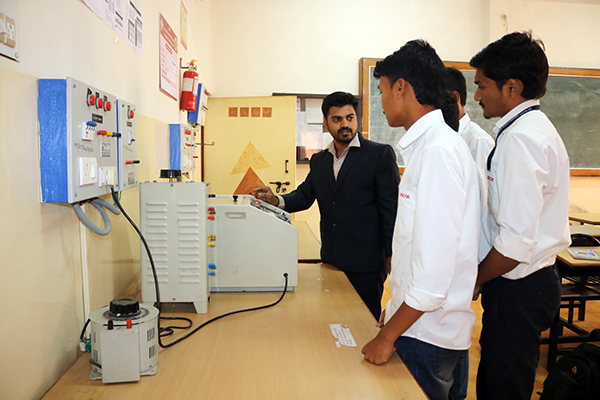
Basic Electrical Engineering Laboratory
The Lab is well equipped with all necessary equipment. The purpose of Basic Electrical Lab is to perform ...
Read More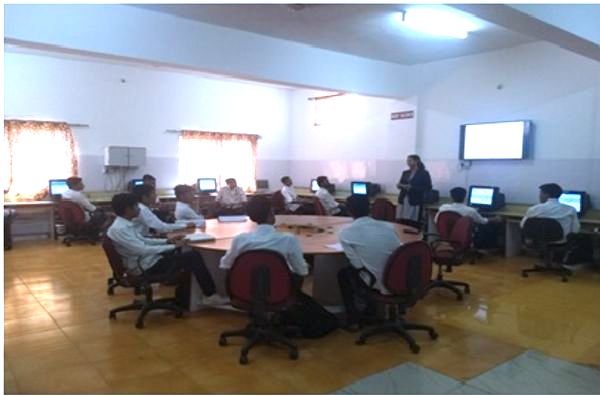
Project Based Learning Laboratory
The All systems are connected in LAN with high internet facility. The purpose of Lab is to perform the Pr ...
Read More-
Dr. C. A. Manjare
HOD & Professor
-
M.E.( Electronics ), Ph. D. (Electronics)
chandraprabhamanjare@jspmjscoe.edu.in
-
-
Dr. A. B. Gawand
Dean Admin
-
MSc (Maths), M.Phill, B.Ed, M.B.A, Ph.D
aishwaryagawand@jspmjscoe.edu.in
-
-
Dr. M. S. Gardi
Assistant Professor
-
M.E Computer, Ph D
manishgardi@jspmjscoe.edu.in
-
-
Dr. N. D. Sharma
Associate Professor
-
Ph.D. in Chemistry
nidhisharma@jspmjscoe.edu.in
-
-
Dr. S. K. Pathak
Assistant Professor
-
M.Sc (Maths), Ph D
sumitpathak@jspmjscoe.edu.in
-
-
Dr. D. K. Kolhe
Assistant Professor
-
M.Sc (Chemistry), Ph.D, B.Ed
dipalikolhe@jspmjscoe.edu.in
-
-
Dr. S. R. Rangari
Assistant Professor
-
M. Tech (CSE), Ph. D, UGC-NET, SET
sudhirrangari@jspmjscoe.edu.in
-
-
Prof. R. H. Mhamane
Assistant Professor
-
M.Sc ( Physics), SET
rajivmhamane@jspmjscoe.edu.in
-
-
Prof. A. G. Hore
Assistant Professor
-
M.E (Environment)
archanasable@jspmjscoe.edu.in
-
-
Prof. V. D. Malwade
Assistant Professor
-
M.E. (Power Elecrtonics and Drives)
vivekmalwade@jspmjscoe.edu.in
-
FIRST YEAR ENGINEERING STUDENT ASSOCIATION (FESA)
Purpose
- To organize the social, cultural and educational programs for the FE students of the College.
- To eliminate the fear from the minds of the students by organizing different cultural activities for the FE students
- To encourage every student to disclose his/her ideas into the target language by conducting different activities.
- To organize different technical and non technical guest/expert lectures for the betterment of FE students.
Benefits
- Able to develop their event management skills, leadership skills and other qualities required for their overall growth.
- Able to develop them with current technologies or current affairs through the guest/expert lectures.
- The basic foundation of students is developed by the various activities conducted under FESA.
Events
- Teachers Day Celebration
- Friendship Day Celebration


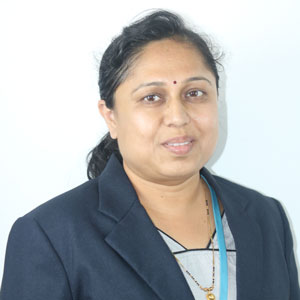
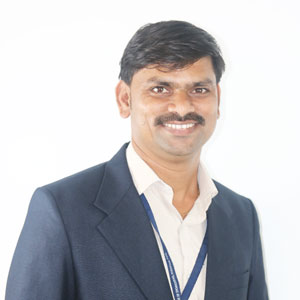
.jpeg)
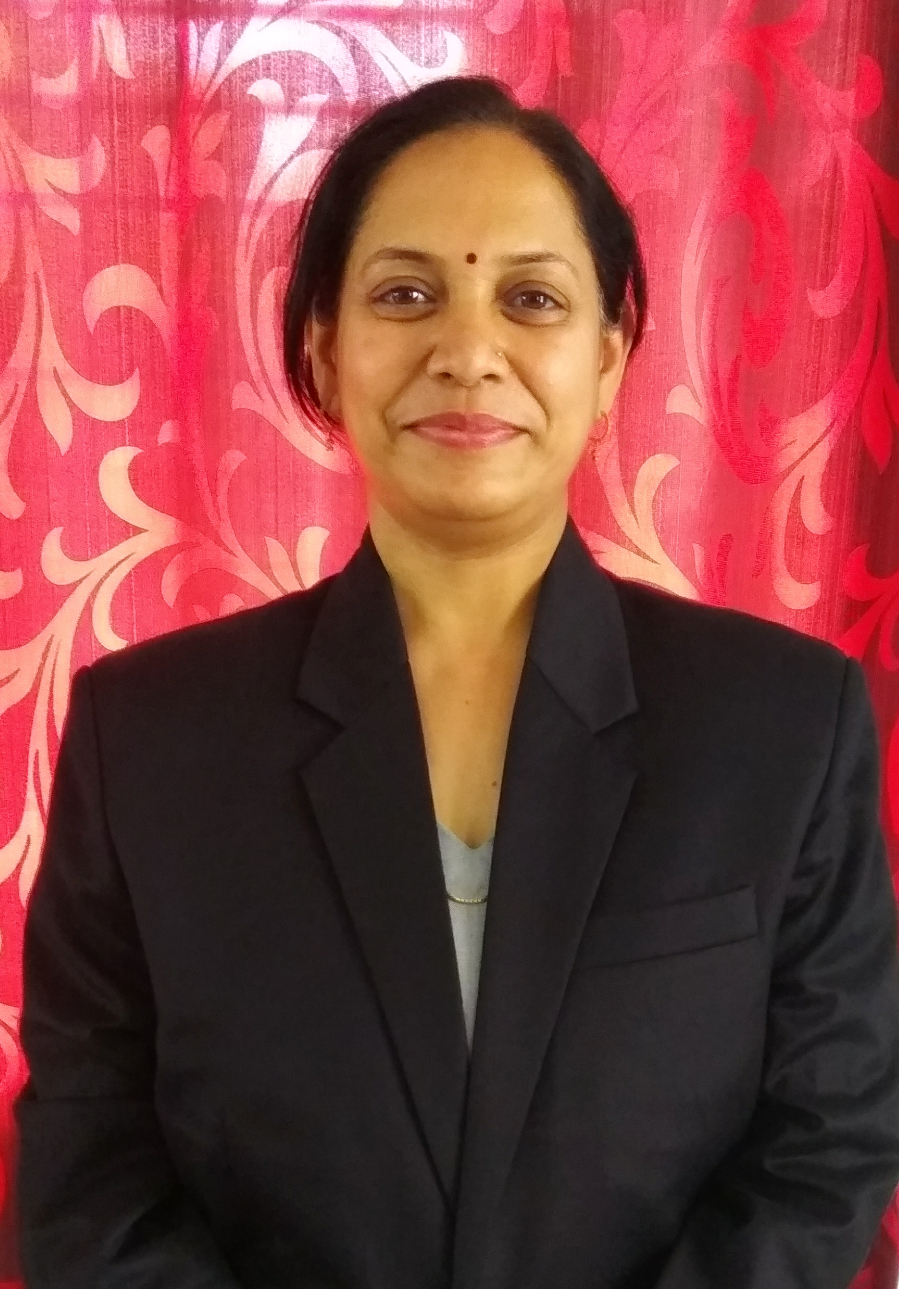
.jpg)

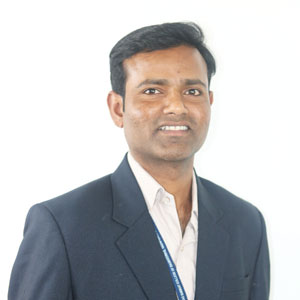


.png)
